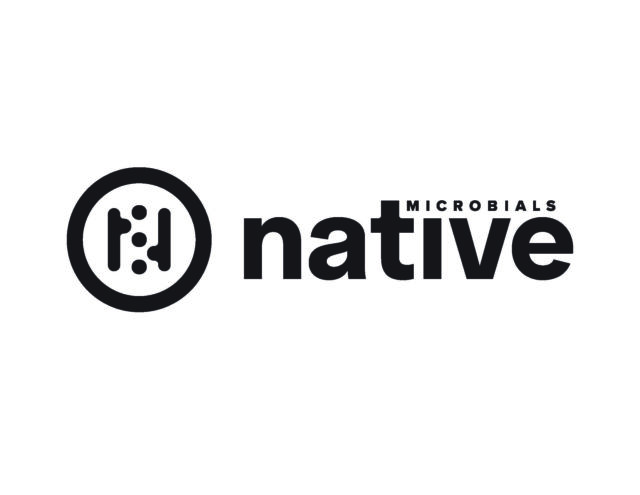The parent company of a Vermont cheese producer has agreed to scale back claims about whether its dairy farmers use an artificially produced hormone to help their cows produce more milk, Vermont's attorney general said Wednesday. The Vermont Attorney General's office said that in 2009 and 2010 the Cabot Creamery Cooperative overstated claims that none of its farmers used the artificial hormone known as rBST. The attorney general's office said some of the products made by Cabot cannot be certified as free of rBST.
Under the settlement, the company agreed to pay $65,000 to the state, make $75,000 in donations to local food banks and take steps to avoid misrepresentations in the future.
Attorney General William Sorrell said his office was not rendering an opinion about any health effects from using rBST in dairy cows. He said his main concern is that consumers be given accurate information so they can make their own informed decision about what products they want to buy.
"There is no excuse for shading the truth about rBST or any other aspect of our food supply," Sorrell said.
Cabot is owned by the Methuen, Mass.-based dairy cooperative Agri-Mark Inc. Agri-Mark spokesman Doug DiMento said the company would be changing its packaging in the coming months to ensure that any products carrying a label indicating they are rBST-free really are.
"We're glad to get this issue behind us and continue to make good products," DiMento said of the company's settlement with the attorney general. "We're happy to begin labeling our products so everything is clear."
DiMento said the federal Food and Drug Administration had found there was "no significant difference" between products from cows treated with rBST and those that were not. "But that's not the point. The point is the consumer wants the choice and we're going to be able to give them that choice openly and clearly through the labeling process."
Sorrell said the company made misleading statements on its Facebook page and in emails to inquiring consumers, saying, for example, that ""NO milk containing antibiotics or rBST (rBGH growth hormone) is ever allowed for processing."
But for several products bearing the Cabot label, it should not have been making that claim because it could not guarantee it was true, Sorrell said. A statement issued by Sorrell's office listed those products as Swiss cheese, mozzarella cheese, whipped cream, American cheese, Colby Jack cheese, Monterey Jack cheese, cheddar powder, butter, muenster cheese, full-fat pepper jack cheese, horseradish cheese, New York extra sharp cheese, and spreadable cheddar cheese.
As to what findings had been made about other popular Cabot products, including its sharp, extra sharp and "seriously sharp" cheddar cheeses, Sorrell said his office had not found the company's statements that they were from rBST-free cows to be misleading.
"We have not tested all their products," Sorrell said. "We are relying on Cabot in terms of the truth of these representations. But we have no reason to believe that they would be putting themselves or keeping themselves in the same soup by making representations that aren't true."
Recombinant bovine somatotropin is a lab-made form of a naturally occurring hormone that, when injected into cows, typically increases their milk production by 10 to 15 percent. The Food and Drug Administration approved rBST in 1993, but it has been banned in Europe and Canada, mainly over concerns that it can cause health problems including the udder infection mastitis and lead to higher use of antibiotics. PD
—AP newswire report






